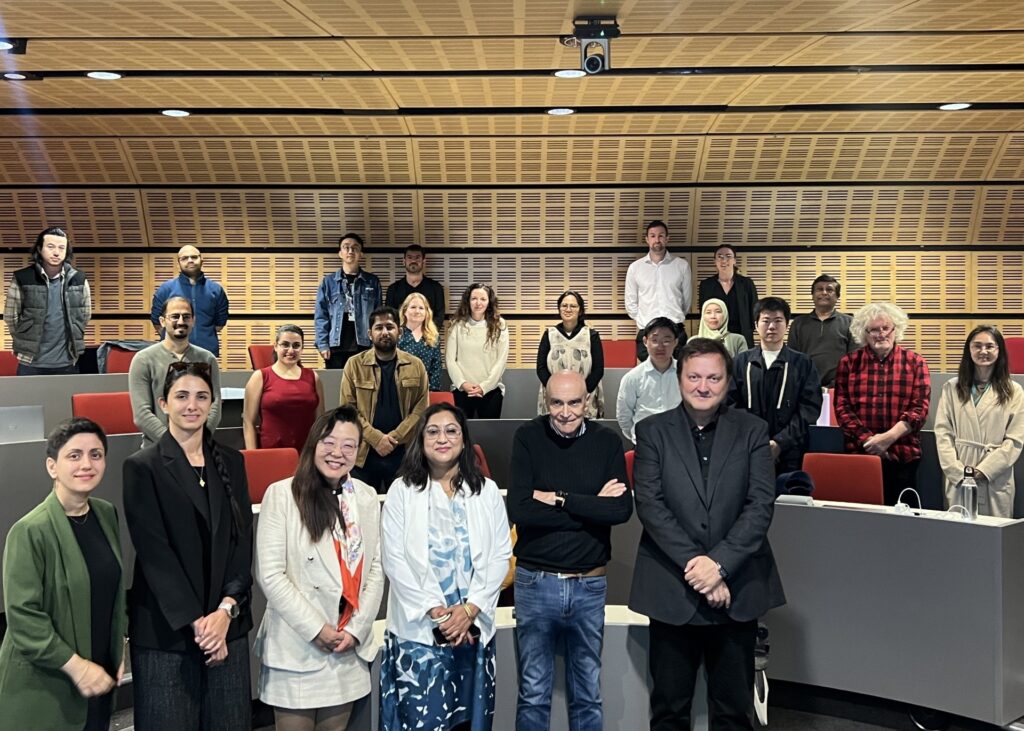CIBSE Board Member Professor Dejan Mumovic recently completed a lecture and presentation tour in Australia, representing CIBSE and sharing his expertise on climate resilience and building performance in the education sector.
Professor Mumovic delivered talks at both the University of New South Wales and the University of Sydney, exploring how resilience in school buildings must go beyond withstanding physical stressors to actively create environments that support health, wellbeing, and learning outcomes.
Key themes of his lectures included the critical role of indoor environmental quality – covering air, temperature, lighting, and acoustics – in supporting students’ cognitive performance; a paradigm shift in policy-making to integrate mitigation, adaptation and indoor environmental quality; insights from the Modelling Platform for Schools (MPS), an automated framework modelling all 23,000 schools in England and examining the unintended consequences of mitigation and adaptation measures on student performance; and a five-year research roadmap for advancing school building design. The visit also highlighted opportunities for collaboration, including the potential use of CIBSE TM54 and microclimate data in NABERS Commitment Agreement energy modelling.
CIBSE’s Young Engineers Network ANZ members attended Professor Mumovic’s lectures in Sydney, where he also promoted the benefits of CIBSE student membership and shared key resources and guides. His introductions at the universities will help strengthen CIBSE’s engagement with student groups across Australia.
In Brisbane, Professor Mumovic took part in a Lunch and Learn session with the CIBSE ANZ Committee, discussing the future of education in building services engineering and the changes needed to meet industry demand. He also delivered a presentation at the ARBSQLD (Air Conditioning, Refrigeration and Building Services Queensland) exhibition, focusing on CIBSE Technical Memorandum 54 (TM54): Evaluating Operational Energy Performance of Buildings at the Design Stage. His talk demonstrated how early-stage building simulation and robust building services design principles can improve the accuracy of operational energy estimates, helping to shape better decisions from the outset of projects.
With operational energy performance targets now a central part of project briefs, CIBSE TM54 provides engineers and consultants with a practical, step-by-step guide to ensure modelling is both relevant and reliable.
Professor Mumovic’s visit marked an important step in strengthening international links between CIBSE and academic and professional communities in Australia, reinforcing CIBSE’s commitment to advancing best practice and supporting global collaboration in building services engineering.





















































